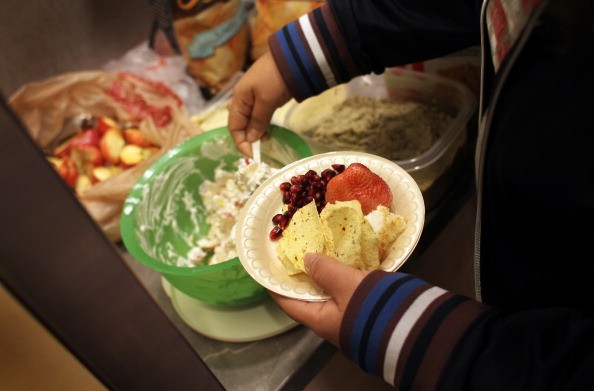
Treatments for bulimia nervosa among teens are more likely to become effective if parents are allowed to get involved. This is the finding of one of the biggest randomized clinical trials about the adolescent eating disorder.
Bulimia nervosa is an eating disorder characterized by a period of excessive eating (binge eating) and then prevention of weight gain by dangerous means such as purging (vomiting) or drinking diuretics.
The study conducted by University of California San Francisco (UCSF) professor Daniel Le Grange, PhD, and Stanford University School of Medicine professor of psychiatry Dr. James Lock, PhD, tends to contradict the current therapy methods that focus largely on the affected teen and excluding parents in the process, such as counseling.
Both of them along with their colleagues conducted a study wherein more than 120 teens between the ages 12 and 18 were randomly selected to undergo either a family-based therapy (FBT) or cognitive behavioral therapy (CBT). The study was conducted in the University of Chicago. The teens received 18 outpatient sessions and their progress monitored in six then 12 months.
Under the CBT, only the teen attended the sessions where they were taught how to recognize, understand, and eventually confront distorted or irrational thoughts that may be causing their eating disorders. The therapist provided them with training and skills to cope with undue stress.
FBT, on the other hand, required the presence of the parents who needed to know more about the disorder, including how they could provide the correct support to their children every day.
Based on the analyses of the results, 39% of teens who underwent FBT abstained from binging and purging. The percentage also improved during the sixth-month follow-up, where 44% reported abstaining from the practice. By the first year, the abstinence rate increased to 49%.
CBT patients also had good abstinence rates but were far lower than those who went FBT. During the first months, 20% of them abstained from binging and purging. By the sixth month, abstinence rate went up to 25% and then 32% by the first year.
The paper is now available in the online version of Journal of the American Academy of Child and Adolescent Psychiatry.



